When choosing piping materials for your project, are you having trouble choosing between Schedule 40 PVC pipe and Schedule 40 steel pipe? Schedule 20 PVC pipe and Schedule 20 steel pipe each have their own characteristics. Choosing between Schedule 40 PVC pipe and Schedule 40 steel pipe is a common decision in construction, plumbing, and industrial projects. Both materials have distinct features and benefits, making them ideal for specific applications.Today we will take a good look at the differences between them and hope to provide a useful reference value for your choice!The term "Schedule 40" refers to the wall thickness of a pipe. A pipe’s schedule determines its strength, durability, and pressure-handling capabilities. Both PVC pipes and steel pipes can have a Schedule 40 rating. While they share this classification, their materials make them suitable for different purposes.
Schedule 40 PVC pipe
Schedule 40 PVC pipe is a type of pipe made from polyvinyl chloride (PVC), which is a lightweight, durable, and corrosion-resistant material. It is commonly used in various plumbing and construction applications where lower pressure is required. Schedule 40 PVC pipe is typically white in color and has thinner walls compared to other types of PVC pipes, such as Schedule 80 PVC.
Schedule 40 steel pipe
Schedule 40 steel pipe is one of the most commonly used pipe types in various industries, characterized by a moderate wall thickness (approximately 4 mm). It is suitable for low to medium-pressure applications, making it ideal for water and gas lines, as well as structural and decorative purposes. Schedule 40 pipes can be made from carbon steel or galvanized steel, with the latter offering additional protection against corrosion, making it especially suitable for outdoor or industrial environments. Due to its strength, durability, and cost-effectiveness, Schedule 40 steel pipe is a versatile choice for a wide range of projects, from plumbing systems to structural support.ANSI B36.10 wall thickness: Sch10, Sch20, Sch30, Sch40, Sch60, Sch80, Sch100, Sch120, Sch140, Sch160 ten levels.

Differences Between Schedule 40 PVC Pipe and Schedule 40 Steel Pipe
1. Material Composition
PVC Pipe: Made from polyvinyl chloride, a non-corrosive plastic. This makes it highly resistant to rust, corrosion, and environmental stress.
Steel Pipe: Made from carbon steel or stainless steel, offering strength and resistance to impact, but susceptible to corrosion unless galvanized or coated.
2. Weight and Ease of Handling
PVC Pipe: Extremely lightweight, making it easier to handle, transport, and install without heavy equipment. It’s an ideal choice for residential and small-scale commercial projects.
Steel Pipe: Significantly heavier than PVC pipes, which may require more manpower or specialized equipment during installation, especially for larger sizes.
3. Pressure and Strength
PVC Pipe: While Schedule 40 PVC is strong for residential and low-pressure applications, its wall thickness is thinner than steel pipes, meaning it can’t handle as much pressure.
Steel Pipe: Schedule 40 steel pipe, with its higher strength and rigidity, is capable of withstanding much higher pressures than PVC, making it suitable for more demanding industrial applications.
4. Corrosion Resistance
PVC Pipe: Naturally resistant to corrosion and rust, which makes it ideal for use in environments exposed to moisture and chemicals.
Steel Pipe: Steel pipes can rust over time unless they are galvanized or made from stainless steel. However, steel pipes are stronger and more durable in high-stress environments.
5. Cost
PVC Pipe: PVC is generally more affordable than steel, making it the preferred choice for budget-conscious projects. It’s often used in large quantities for residential plumbing and drainage systems.
Steel Pipe: Steel is typically more expensive due to its higher strength, durability, and the cost of manufacturing. However, it is better suited for demanding applications.
Conclusion
In summary, both Schedule 40 PVC pipes and
Schedule 40 steel pipes offer unique benefits, but the decision depends largely on the specific needs of your project. Schedule 40 PVC pipes are lightweight, affordable, and ideal for low-pressure residential applications, while Schedule 40 steel pipes are stronger and more suitable for high-pressure and industrial applications. By understanding the differences and considering the demands of your system, you can ensure that you choose the right type of pipe to get the job done efficiently and effectively.
For more information on pipe selection, sizes, and customization options, feel free to contact
baowi steel for expert advice and high-quality piping solutions.








 English
English Español
Español بالعربية
بالعربية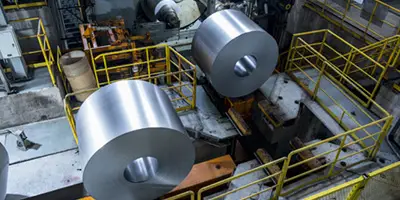
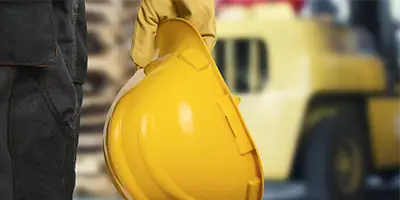
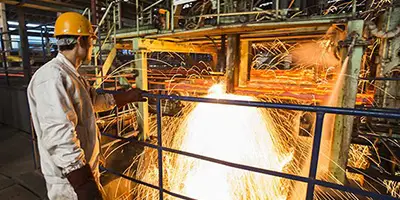
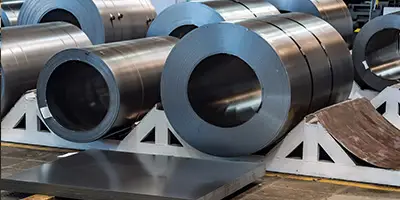

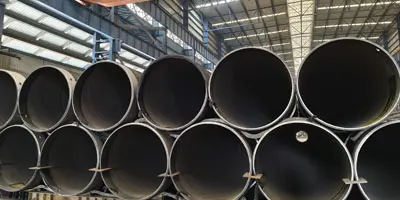
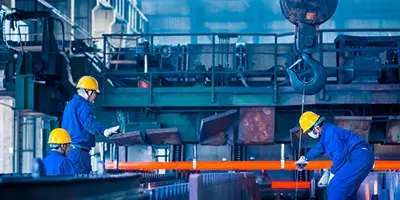
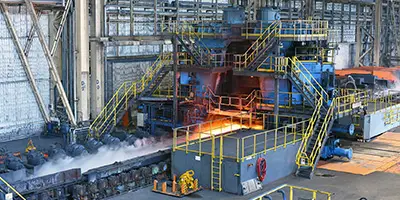
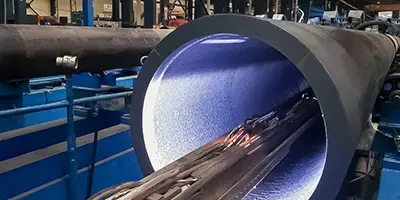
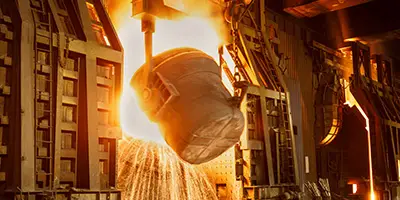
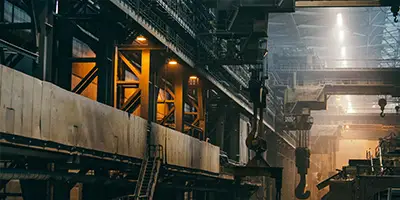

 Phone :
Phone :  Whatsapp :
Whatsapp :  Email :
Email : 


